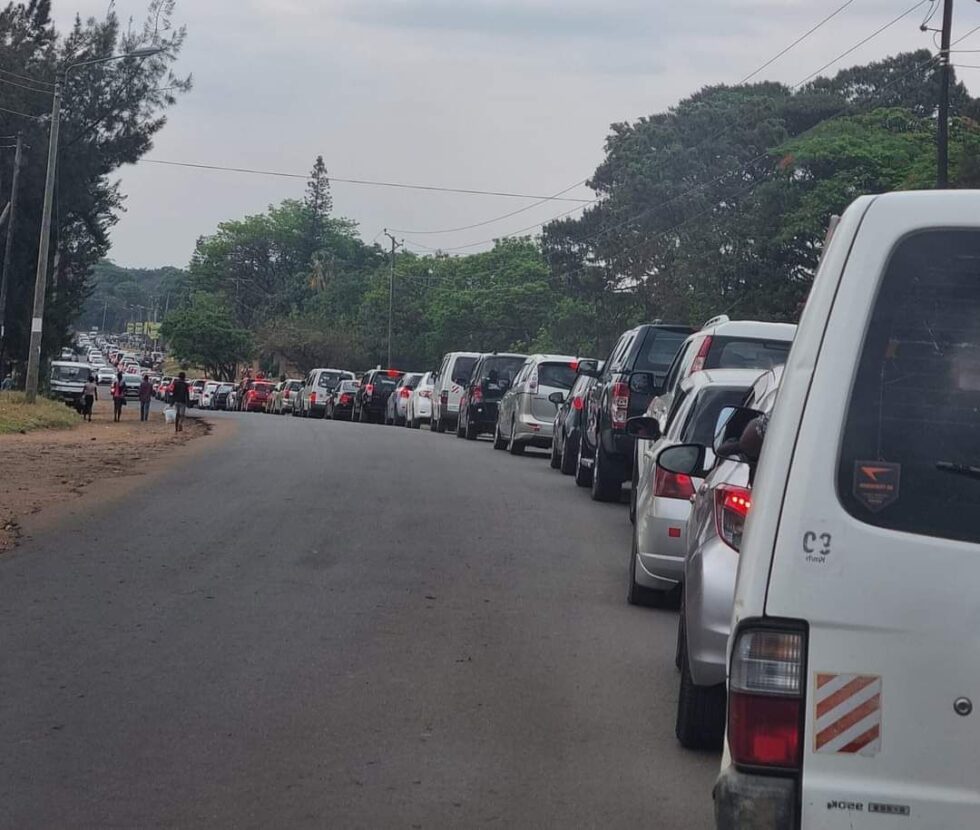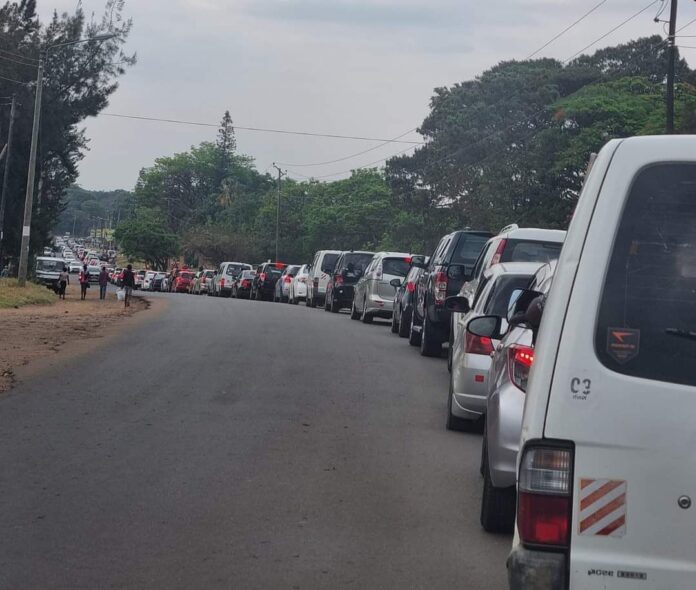Malawians are once again bearing the heavy burden of a country caught in the grip of multiple crises such as crippling fuel shortages, erratic electricity supply, and worsening water scarcity.
These are not merely inconveniences,they are indicators of deeper systemic failures that continue to erode public confidence and choke national productivity.
For weeks now, long queues at fuel stations have become a common sight across the country.Businesses are stalling, transport costs are soaring, and livelihoods are being disrupted. The scarcity of fuel is not only paralyzing mobility but also stifling economic activity at every level from small-scale traders to industrial operations. It is unacceptable that a nation so dependent on imports continues to rely on fragile foreign currency reserves without sustainable contingency plans for fuel procurement and storage.

Compounding the crisis is the unreliable electricity supply. Frequent power outages have rendered industries idle, frustrated students and health workers, and exposed our collective vulnerability. The failure to invest adequately in energy diversification particularly renewable sources like solar and hydro innovations has left the Malawi Electricity Supply Corporation (ESCOM) struggling to meet growing demand.
Equally alarming is the deepening water crisis. In many parts of Malawi, taps have run dry for days, forcing residents to depend on unsafe water sources. The scarcity of clean water poses serious health risks and undermines efforts toward hygiene and sanitation, especially in urban and peri-urban areas.
These three crises, fuel, electricity, and water are interconnected. They are the arteries of any modern economy, and when they fail, everything else bleeds. The government must therefore respond with urgency, transparency, and long-term planning. We need deliberate investments in energy infrastructure, sustainable water management systems, and prudent foreign exchange management to ensure stability in essential supplies.
Malawians are patient, but their patience is wearing thin. Leadership means anticipating crises before they explode and taking responsibility when they do.
It is time for policymakers to stop issuing excuses and start delivering solutions that restore normalcy, dignity, and hope to a nation too often left in the dark and now, too often left without water.



